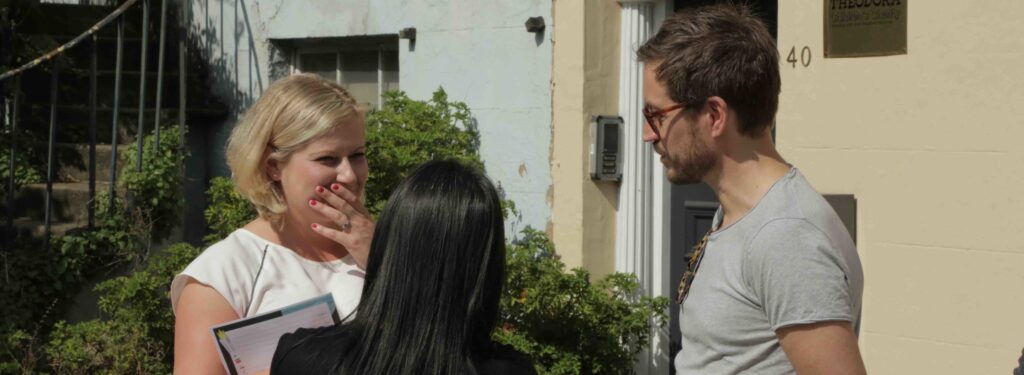Failure often conjures feelings of upset and disappointment, however, are we looking at it in the right light? Perhaps as a society we attach too much feeling to making mistakes and therefore don’t see it for its worth. In the workplace, this approach can have a huge impact on productivity and engagement. Greg, Learning Director at NKD explores what the value of failure is and whether we are right to fear it.
Failure
ˈfeɪljə/
noun: failure: lack of success.
“an economic policy that is doomed to failure”
an unsuccessful person or thing. plural noun: failures.
antonyms: success synonyms: lack of success, non-success, non-fulfilment, frustration.
This is the definition that the Oxford Dictionary gives, implying defeat. But what if we were to look at failure as a journey rather than an end point? What if you can alter your thinking and see mistakes as an obstacle, not the point at which you give up?
Within a room of 25 people, most seemed to define failure differently, some seeing it as all encompassing and huge and others viewing failure as less of an issue. Each person had attached feelings to failure, which altered the individual’s perception and response to failing.
We are brought up to fear failing – be it in exams, sport or even credit score reports and so we associate feelings of frustration, disappointment and of unhappiness with failure. Within history there are plenty of examples where achievement would not have been possible without some failure, take for example Albert Einstein who said “you never fail until you stop trying”.
It is therefore up to the individual to decide how they will define failure and choose how to act on it. Those that can focus on the bigger picture and use failure for development and as a propellant, rather than a reason to lambaste themselves, will no doubt learn from their failure and this may actually take them to accomplishment quicker. Henry Ford said “The only real mistake is the one from which we learn nothing.”
The more that organisations can encourage an open mindset to failure, the more risks their people will take. In today’s economy, risk-taking is becoming more important than ever for staying competitive. So, next time you are afraid to fail, think about the potential to learn.
Diana Balan
